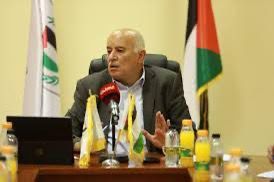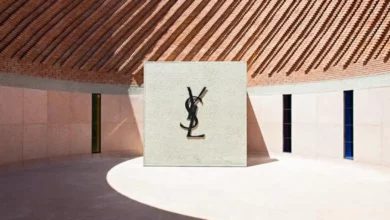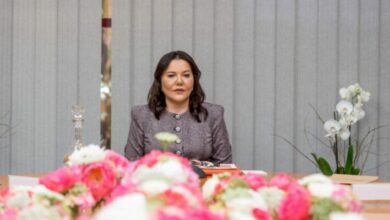The Stance of Some Palestinian Leaders on Morocco’s Unity and Territorial Integrity: Ingratitude or Betrayal?

ALDAR / Analysis
It is unfortunate to witness positions from some Palestinian leaders that raise profound questions about loyalty and respect for the historical ties between Palestine and Morocco.
Morocco, which has consistently stood by the Palestinian cause with unwavering support on various levels, is now facing shocking attitudes from some of these leaders. These attitudes reflect ingratitude and deviate from the principle of solidarity.
These stances are evident in statements promoting outdated ideologies that are no longer compatible with the geopolitical reality of today. Some Palestinian leaders seem either unaware or deliberately ignorant of the fact that their current positions contradict the interests of the Arab world as a whole, particularly regarding the unity of Morocco’s territory and the preservation of its sovereign decisions.
Morocco has always been at the forefront of nations supporting Palestine, whether politically, through humanitarian aid, or via developmental projects. Through such consistent actions, Morocco has demonstrated its clear commitment to the Palestinian cause, making it one of Palestine’s strongest allies in the Arab world. However, the recent statements by some Palestinian leaders reflect an unjustified bias and reveal an ungrateful attitude, which could have negative repercussions on the relationship between the two nations—and even between Palestine and the broader Arab world.
These statements also represent a form of political hypocrisy, wherein political positions are sometimes adopted that do not serve the interests of the Palestinian people but instead distract attention from the real issues the Palestinian leadership should focus on. While many Arab countries continue to support the Palestinian cause in various international forums, some Palestinian leaders adopt stances that contradict this trend, raising questions about the motives and objectives behind such positions.
At the same time, these statements spark debate about the Palestinian leadership’s ability to move beyond outdated ideologies and focus on fostering cooperation that benefits the Palestinian cause. Arab coordination is not just for Palestine but for the shared future of all Arab nations.
The positions being promoted by some Palestinian leaders today weaken Arab solidarity and create a rift between Palestine and the nations that have long been its allies. In this context, there is an increasing need for the Palestinian leadership to reevaluate its priorities and direct its efforts toward strengthening unity rather than slipping into side conflicts that hinder progress toward real solutions.
It seems that the Palestinian leaders who adopt these stances are in a “different world” and need to reassess their positions. They must work toward strengthening solidarity and returning to the shared interests that unite us all.





